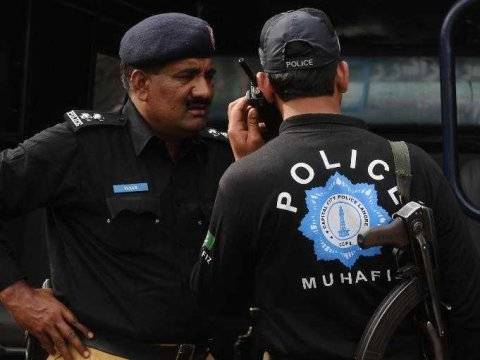The Pakistani police is inept, abusive, underfunded and corrupt – this is the one statement that will find unanimous agreement in any corner of the country. This reality has been begrudgingly accepted by the majority of citizens – who structure their life around this assumption - and by the police itself to a large extent.
The recent report by the Human Rights Watch, entitled “‘This Crooked System’: Police Abuse and Reform in Pakistan,” reaches the same conclusion; however, it is the systematic detail with which its abuses are documented and the vast number of eyewitness testimony which sets it apart from other reports calling for reform – and there have been many. It forces us to step into the shoes of the oppressed and to look from his perspective.
The widespread use of torture to extract confessions and the pliability to pressure from powerful parties is surely a troubling issue for the government; which should be taken up and the culprits brought to justice. However, as the rest of the report concludes, these violations do not stem from individual malice by police officers or a state-sponsored system of human rights abuses; rather from an underfunded force, untrained and overworked officers, a missing culture of professionalism, and an outdated and obsolete justice system.
The Pakistani police is not crooked by design, it is crooked because of neglect.
While the initial response to this report would surely be calls for accountability and punishment, more accountability, or even foolproof accountability is not the be all and end all of this problem.
The response envisioned by the report, and by other commentators of the issue has always been the same – reform. A wide ranging, radical reform that encompasses all the law enforcement mechanisms in Pakistan.
Obsolete and nonsensical provisions of the Pakistan Penal code (PPC) and Code of Civil Procedure (CCP) need to be removed. The method of creating and filling police records needs to be digitised and made easily accessible and cross-referenceable. Constables need to be given training on investigation and interrogation methods so they don’t resort to the only thing they know – violence. Constables need to be paid more than the minimum wage. Regular hours and beats need to be instituted to avoid overwork. A better federal prosecution service needs to be created so there is little pressure or need for “encounters”.
This is a long and oft-repeated litany of changes that will not come easy, but we must recognise that this is what is required of us now. Our police force is essentially still a colonial force with colonial pay, with a patchwork of new laws trying to make it work in the modern world. It is time for a reset.






